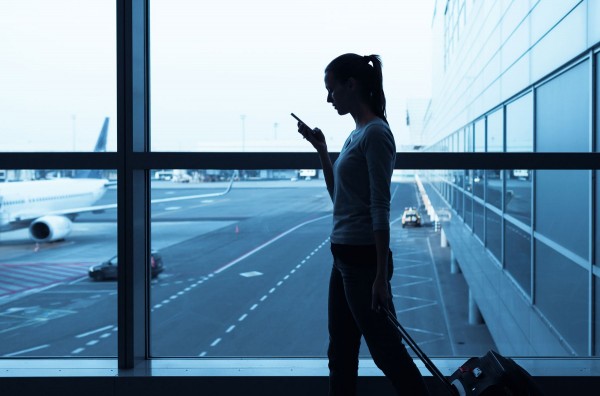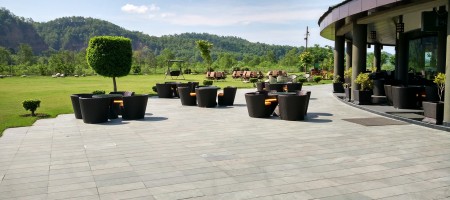The travel and hospitality sector is rapidly evolving with the rising adoption of various tools, technologies and digital platforms — primarily to improve customer experience, build strong loyalties and run businesses efficiently.
Based on this growth trend, KPMG in India and FICCI released a report titled ‘Expedition 3.0: Travel and hospitality gone digital’ to portray an immersive view on the key trends, challenges and consequences of digital travel.
The study found that following global footsteps, Indian players are also leveraging various tools, technologies and digital platforms; India was projected to have accounted for 3.7% of the global digital travel sales – making it the third-largest market by value in the Asia-Pacific (APAC) region.
This uprising of digital travel in India can be attributed to the increasingly digitally-savvy Indian travellers. The online sale of travel bookings — including airlines, hotels, car rentals, cruises, accommodation aggregators and other transportation modes — is expected to have grown 33% in 2017, according to the report. Majority of growth in India’s digital travel is increasingly being led by tier-II and tier-III cities, as digital transactions in these areas rise on the back of increasing penetration of smartphones and the Internet. Moreover, the Indian government’s move to remove high currency notes out of circulation in November 2016 is expected to have further catalysed the growth of digital travel sales in the country during 2017.
The report also states that travel and hospitality is one of the key sectors of the Indian economy, growing at a steady growth with 15.6% year-on-year (y-o-y) rise in foreign tourist arrivals (FTAs) and 20.8% y-o-y growth in foreign exchange earnings (FEEs) during 2017. Estimated to directly contribute to 25.9 million jobs and INR 5,141.1 billion ($75.8 billion) to the GDP of India, it is also one of the largest employment generators.
The report also speaks of the tools and technologies driving this growth and lists mobile applications, social media, Big Data analytics, AI, machine learning, VR, and AR as the biggest contributors. India is also witnessing a growth in technology-driven start-ups in the travel space. These start-ups are influencing the industry with their niche offerings — complementing the traditional players in some ways and disrupting them in others. These players operate across various segments including online travel communities, travel planning, activities and experiences, travel guide services (emphasising on localised and authentic experiences), food delivery (during travel), niche/customised travel packages, digital communication platforms (e.g., for travellers and locals) and online accommodation booking.
The report enlists six key focus areas to win the tech-friendly traveller: Marketing to the modern-day traveller- through Search Engine Marketing (SEM) and Search Engine Optimisation (SEO), following a mobile-first approach, leveraging social media, providing personalised offers and utilising User Generated Content (UGC).
Expedition 3.0 also predicts that with increased adoption of technology, the Indian travel and hospitality sector is expected to see more of innovative solutions and services such as AR city tours, smart tourism, robots for security and housekeeping, smart luggage, radio frequency identification (RFID)/facial recognition technology to open hotel doors, driverless/self-parking cars and air taxis over the foreseeable future.
Read the full report, here.




















